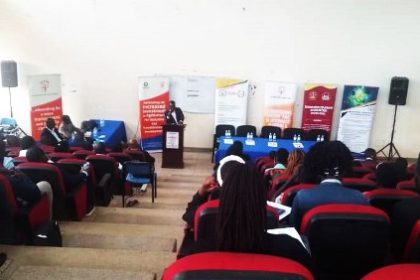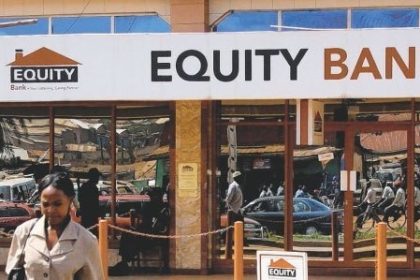NIC Uganda to restructure after fall in income
June 7—National Insurance Corporation Limited (NIC) has said they are going to restructure their investments after reporting a drop of income from UGX1.67 billion (just $460,000) in financial year 2015 to UGX1.38 billion earned in 2016.
Speaking at the Uganda Securities Exchange, Bayo Folayan, the Managing Director said “We have made different investments in land, estates, bonds, finances and many other areas.
“Our total assets have grown significantly from UGX94 billion ( about $26 million) in 2015 to UGX98.3billion in 2016. Claims paid in 2016 have also increased from UGX 1.369 billion to UGX2.681 billion,” he said.
He said, “However we are not earning enough for our customers like we should be doing from these investments. There is a general constrain on Uganda’s economy especially the insurance sector. However we are confident that by restructuring, we will be able to earn enough. We are going to sell those that are not performing well, buy new ones and improve those that are fairly performing,” Folayan said.
NIC (now NIC Holdings) began in 1964 as a wholly owned government parastatal and the leading provider of insurance and financial services in Uganda. In 2005, NIC was privatized with the continental insurance giant, Industrial and General Insurance Plc (IGI) acquiring majority (60%) stake through its special purpose vehicle, Corporate Holdings Limited.
IGI, the core investor in NIC, is the largest private sector insurer and the fastest growing insurance company in Nigeria, with premium income in excess of $230 million. NIC was listed on the Uganda Securities Exchange on March 25, 2010.
Insurance penetration in Uganda remains slow, but increased public awareness by the companies is steadily changing attitudes.
Research by the Uganda Insurance Authority done in 2013 showed that although a measure of awareness has been achieved in terms of people being aware of the word ‘insurance’ many people do not feel an emotional and practical connection with insurance which has, in turn, affected uptake.

 Shell Club rewards first winners with brand new motorbikes in Mbale
Shell Club rewards first winners with brand new motorbikes in Mbale
 CSBAG roots for increased funding for renewable energy
CSBAG roots for increased funding for renewable energy
 Equity walks tried and tested path to deliver solid half-year
Equity walks tried and tested path to deliver solid half-year
 Nile Breweries primes retailers for brave new world
Nile Breweries primes retailers for brave new world
 Uganda calls for collaboration with airlines in fight against illicit trade in wildlife
Uganda calls for collaboration with airlines in fight against illicit trade in wildlife
 Airline industry top guns dust-off passports for Uganda hosted 55th AFRAA annual meet
Airline industry top guns dust-off passports for Uganda hosted 55th AFRAA annual meet
